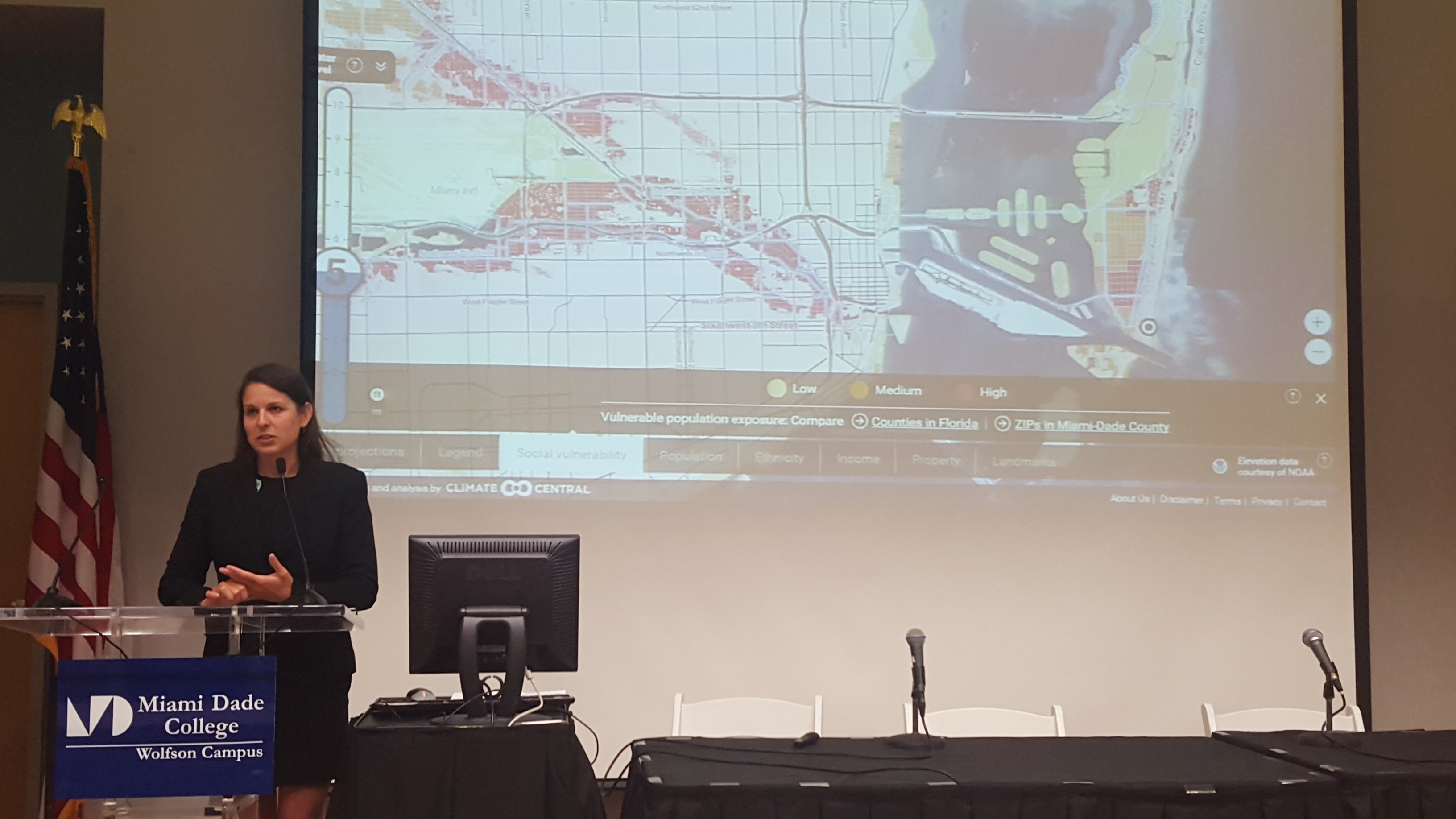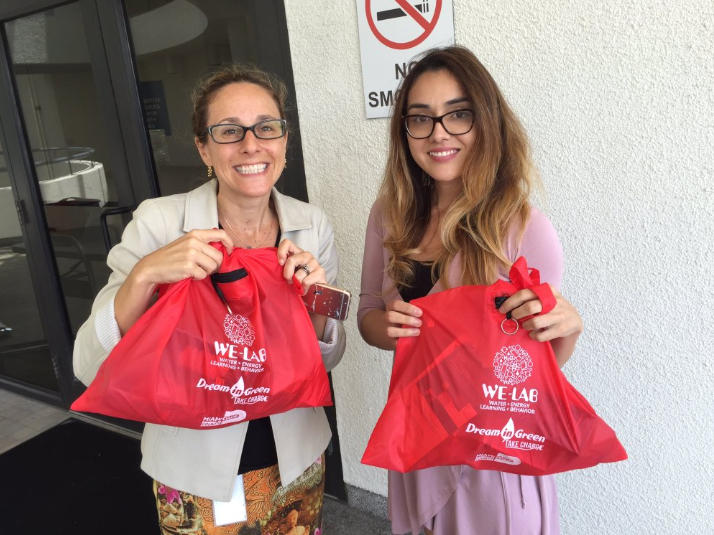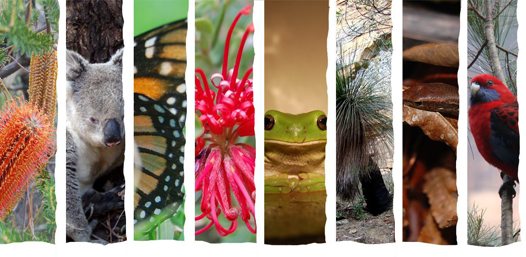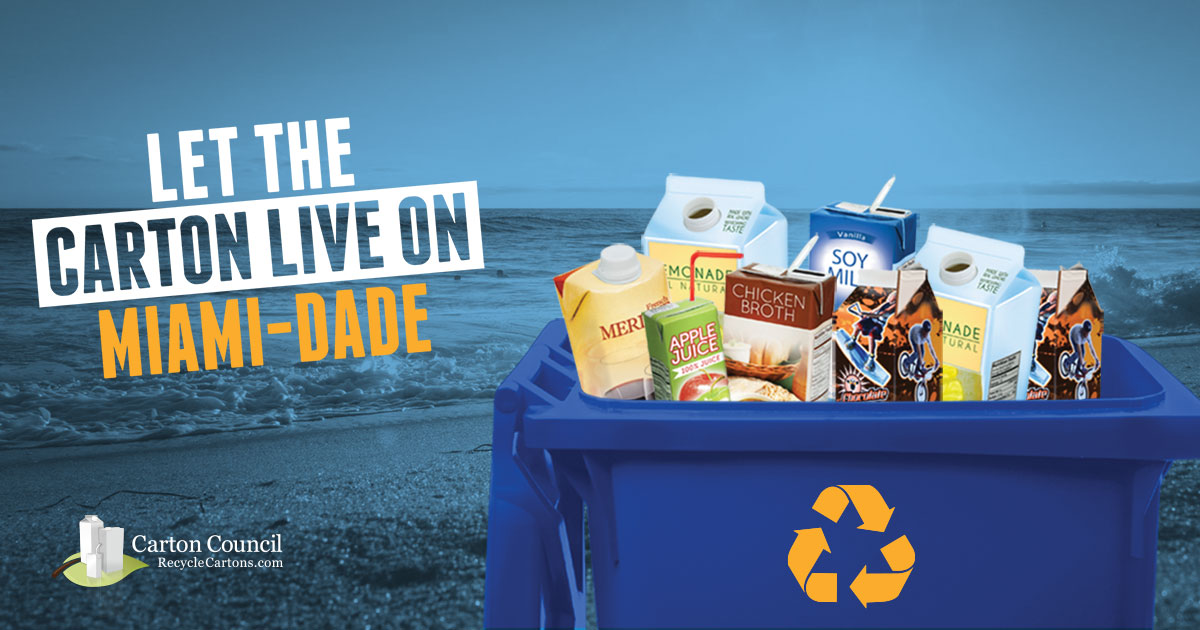“Green collar jobs” is the current buzz phrase in the employment sector. But what does it mean? How does one find such a career? Many people are searching for more meaning in their careers, and the growing green job sector offers a great way to find balance between work and a more meaningful existence.
Green Careers are defined as anything involving working in green jobs that are focused on sustainability or the preservation of the environment. According to the U.S. Department of Labor Bureau of Statistics1 in 2011 there were 3.4 million Green Goods and Services (GGS) jobs, accounting for 2.6 percent of total U.S. employment.
Green careers are often a combination of everyday skills applied within a green context. I work for a sustainability consulting firm, but my training was not originally in a particular green field. Not all college graduates start out seeking a specific green career. I know that I did not, but I always wanted to help preserve the environment. Similarly, our firm is staffed with architects and engineers who don’t practice traditional design as they were trained, but rather use their professional expertise and sustainability knowledge to guide architects, engineers, and project teams to achieve more sustainable designs. When you are sustainably minded, it’s not a huge leap to change the direction of a career path to a more sustainable one, and if you ask me, a more satisfying one.
Of course, there are also plenty of opportunities to get specific training in a green industry as well. The growing demand for green jobs has prompted training in solar, wind, biomass, hydrogen, and fuel cell industries, among other areas including construction, science, law, hospitality, education, and many more. If I tried to list all the green jobs, this article would be over 100 pages. Instead, let’s break it down to technical green jobs and horticulture and natural green jobs.
Horticulture and Natural Green Jobs:
- Arborist – The cultivation and management and study of trees.
- Landscape Architects/Landscapers – Good designers will actually use plants to connect people to nature with sustainable landscape architecture.
- Sustainable agriculture/Farming – Besides feeding the world, sustainable farmers use methods that sustain the economic viability of farm operations.
- Sustainable Forestry – The science, art, and craft of creating, managing, using, conserving, and repairing forests and associated resources, in a sustainable manner. Like all green jobs, this one has numerous opportunities for employment within its field.
- Park Rangers and Trail Managers – These occupations offer the opportunity to help promote and preserve our State and National parks.
- Land Planners – The good ones, envisioning better futures, livability, environmental protection accessibility, mobility, and affordable housing production as part of smart growth strategies for sustainable regional growth.
Finding a green job and still doing something you are passionate about can help put green in your pocket. There are many green jobs that pay really well. According to the federal Bureau of Labor Statistics, the top 10 positions within green technology are:
- Electricians – you can’t save energy without knowing how to use the technology to save energy.
- Carpenters – Carpenters are needed to implement green construction.
- Geoscientists (Except Hydrologists and Geographers, sorry) – they find sources of geothermal heat which helps reduce energy costs for heating and air conditioning. Way “cool”.
- Plumbers, pipefitters and steamfitters – Without their expertise for installation there would be no connection from energy saving sources such as solar, and wind.
- Environmental Scientists and Specialists – They conduct the research that implements change for better environmental technologies and practices.
- First-line supervisor/managers of construction trades and extraction workers – They ensure energy codes and make sure the demolition debris from construction is properly extracted and disposed of if hazardous, and safely recycled whenever possible.
- Environmental Engineers – Engineers who solve environmental concerns and protect the environment.
- Construction and Building Inspectors – As codes change to meet greener guidelines, these folks make sure the codes are maintained.
- Industrial Engineers – These efficiency experts help make processes more efficient.
- Construction Managers – Energy efficient buildings can’t be accomplished without an efficient manager on the team.
Jobs you might not think of as green and other really cool fastest growing green jobs include:
- Hospitality Professionals – Managers of restaurants and hotels help control waste and promote sustainable practices, and the purchase of more sustainable products, which creates more green jobs to produce those products.
- Teachers/Professors/Educators – After parents, teachers are responsible for the direction of our youth. With the growing demand for green jobs more educators are needed for training in solar, wind, biomass, hydrogen, and fuel cell industries.
- Urban Growers – As space for farming decreases, gardens are showing up everywhere including urban roof tops, inside abandoned warehouses, and urban community gardens.
- Clean car engineers – Someone has to make these cool cars.
- Recyclers – There is money to be made from collecting, recycling, and turning waste into energy.
- Natural Scientists – We will need more of these trained professionals to monitor and analyze our impacts on the world around us and the natural resources on which we depend.
- Solar, Wave and Wind Energy Producers – Engineers and technicians are needed to help capture the energy of water and wind and solar. Other jobs are needed to design and build the devices capturing the energy.
- Biofuels Jobs – There is a great need for jobs including the construction and operation of ethanol and other biofuel plants and feed stock including sunflower, as well as the creation of delivery infrastructure jobs.
- Sustainability Directors – These white-collar green-collar folks are tasked to set a corporation or municipality’s sustainability mission, and guide compliance in products, services, communications and operations.
There is no end to where this industry is going and it is creating more exciting opportunities for employment. Now that you know you can be anything, and avoid a typical job, go out there and learn, teach, do green!
Elena Gibson is Office Manager at SEQUIL Systems Inc., and the current USGBC South Florida Green Schools Committee Chair.






